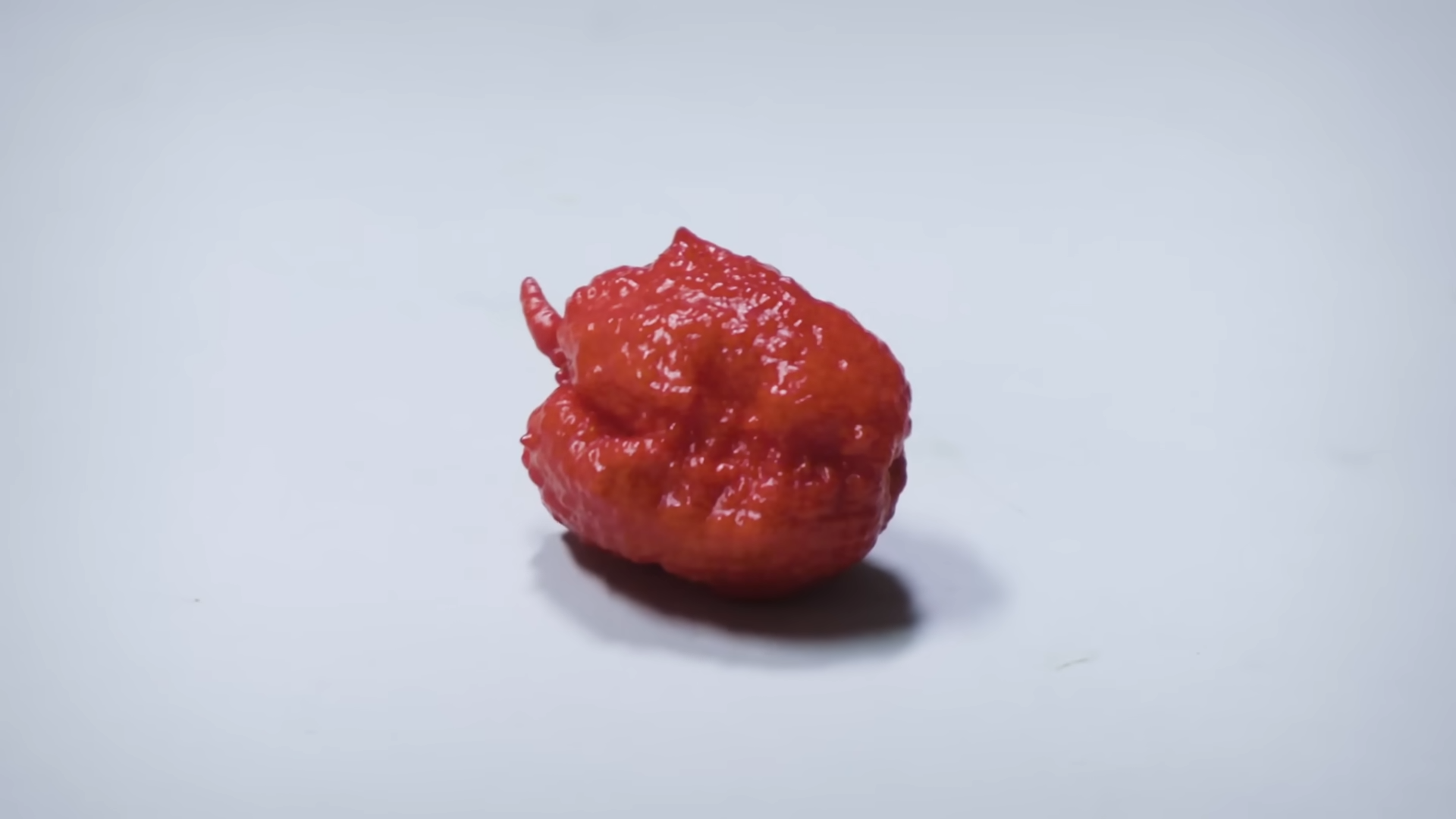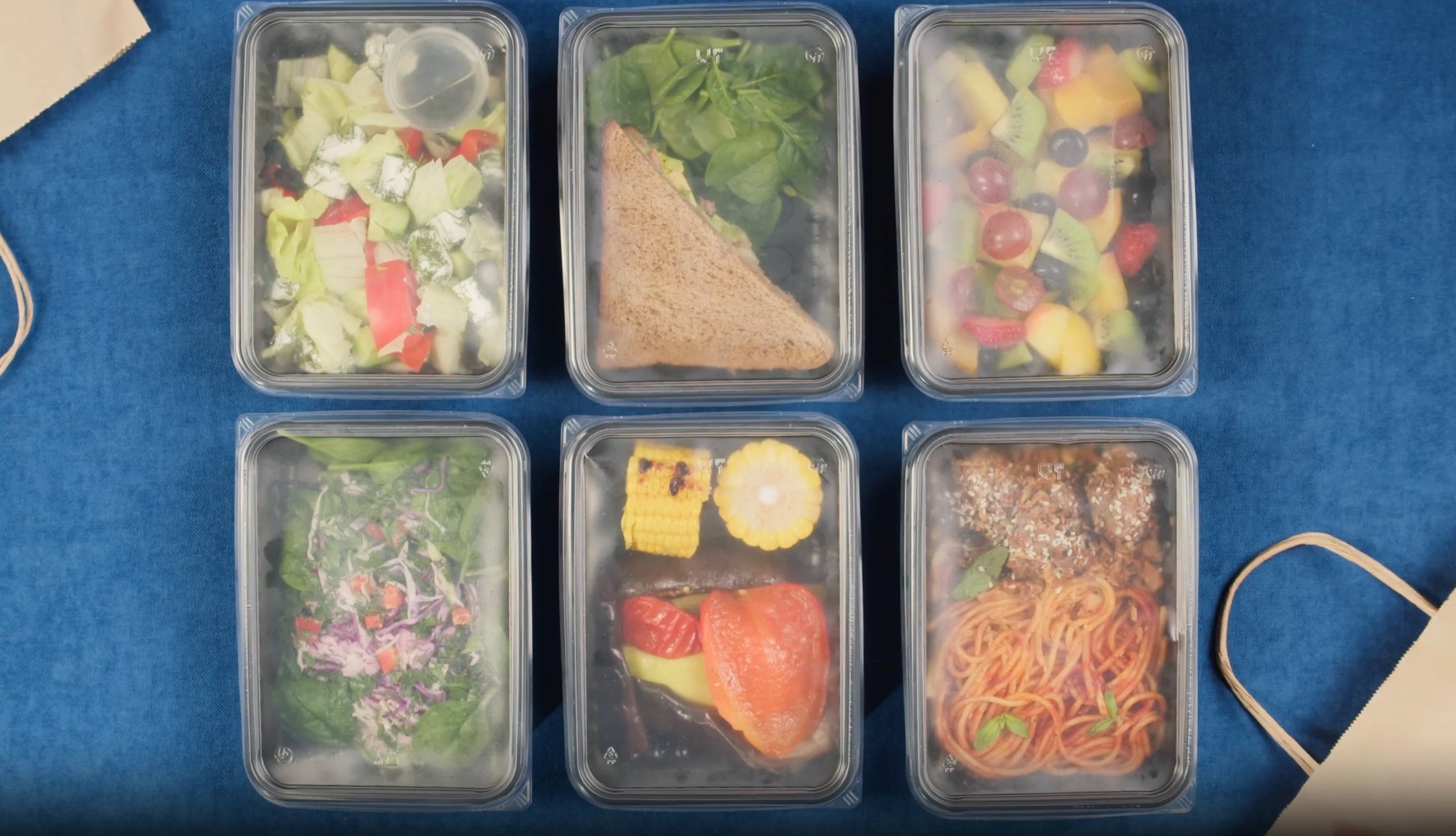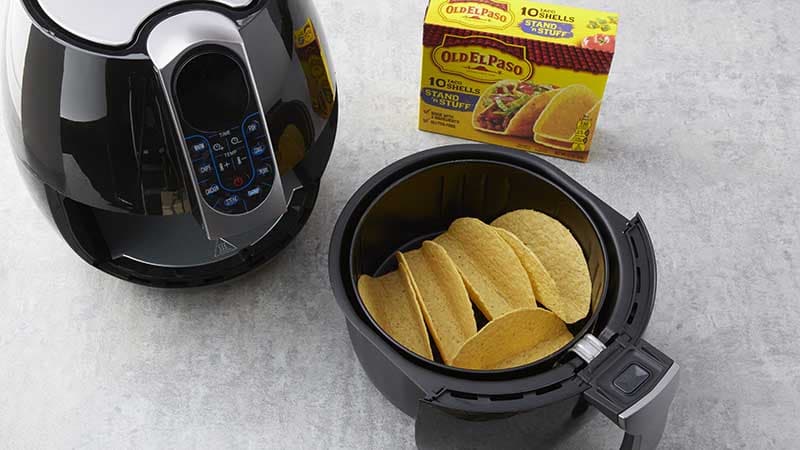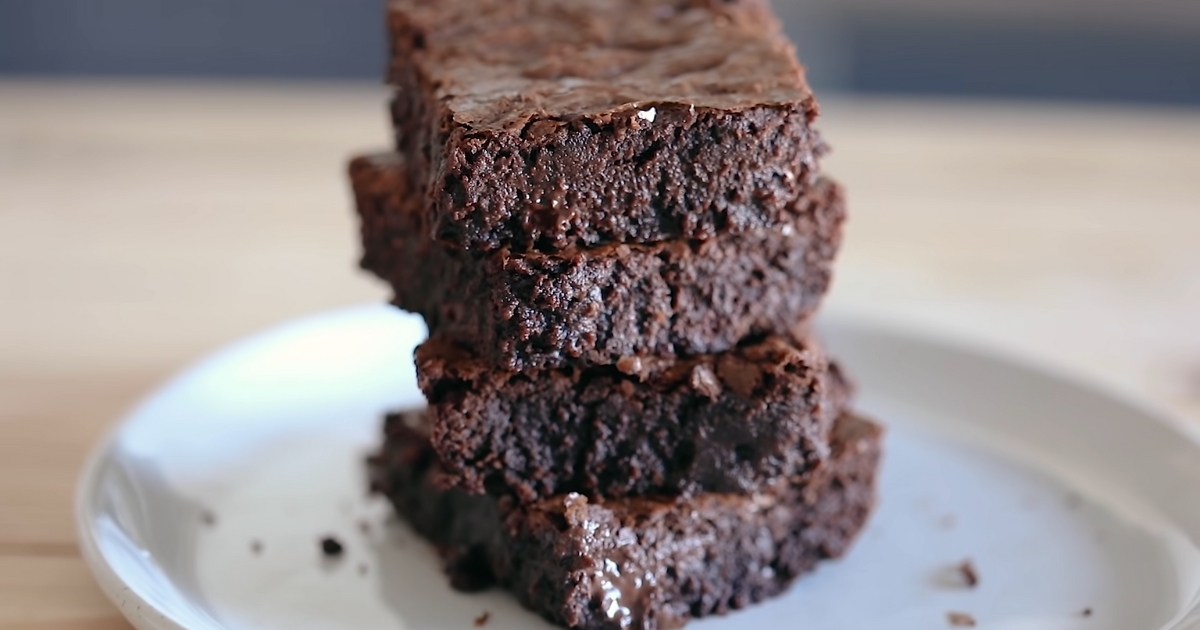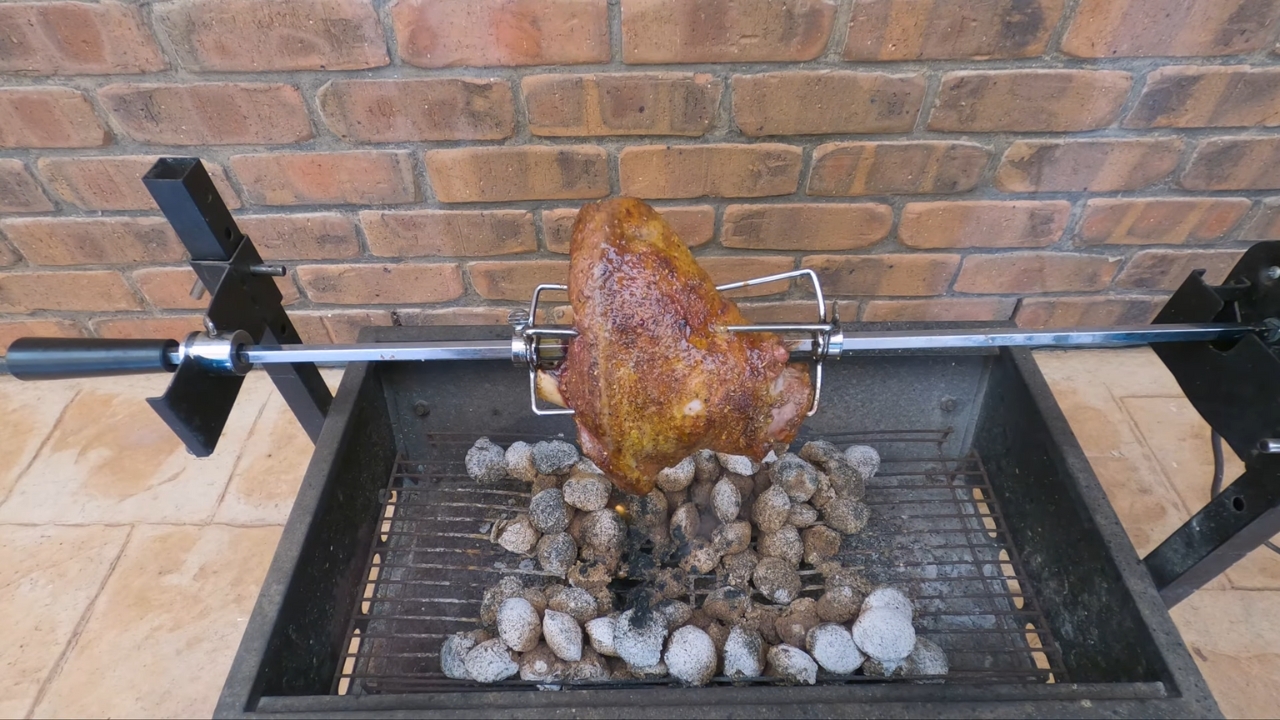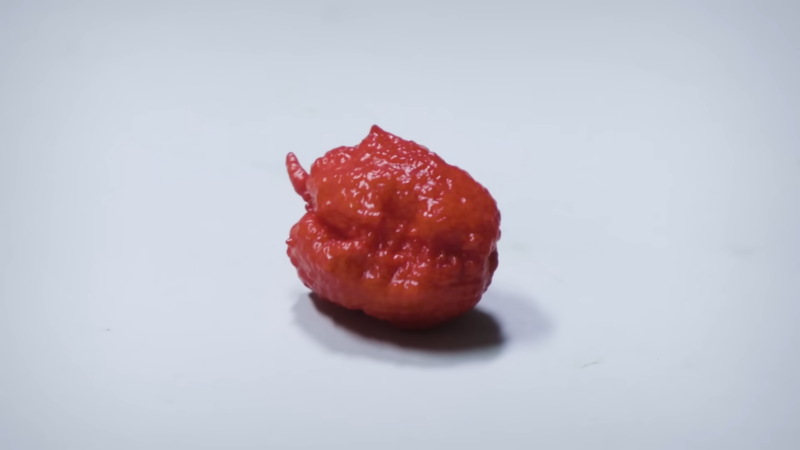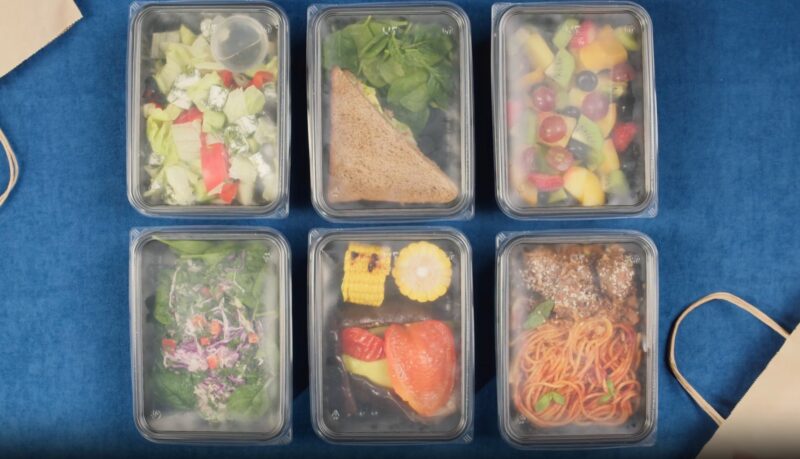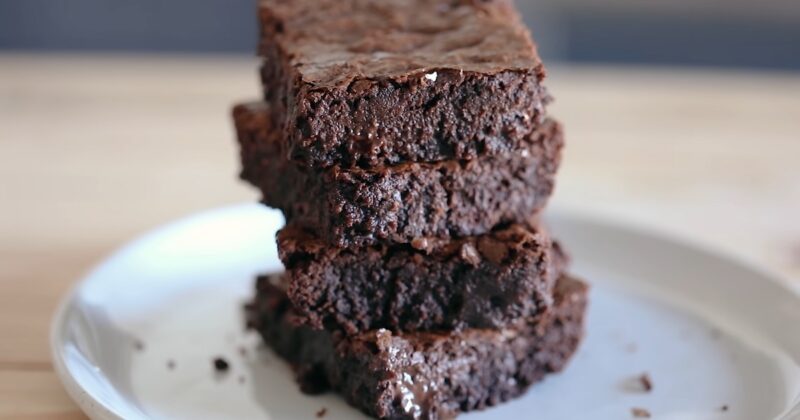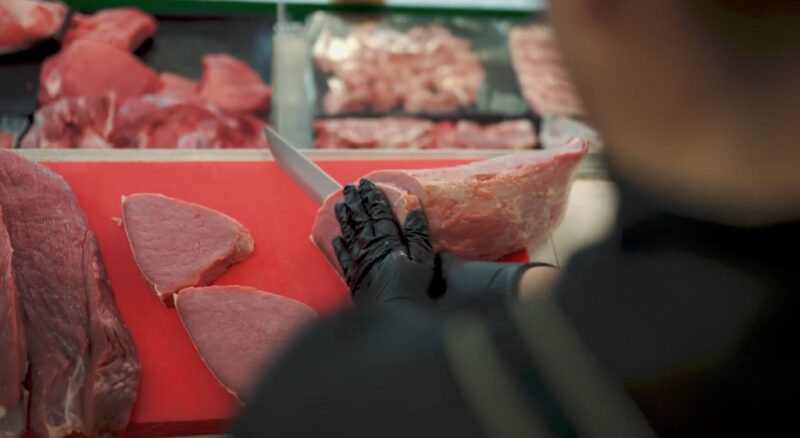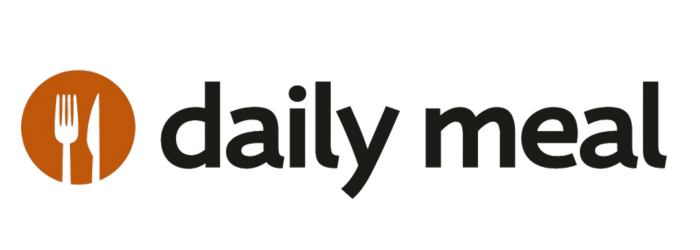
Plant-based food is becoming more and more popular, as the number of people practicing this diet is on the rise. These are people who completely avoid food of animal origin, which means that they do not even eat dairy products such as cow’s milk, cheese, and yogurt… But there are many dairy-like products on the market, such as soy milk or vegan cheese, that make a healthy and delicious substitute.
Table of Contents
ToggleSpeaking of healthy, plant-based cheese is great for lactose intolerance

There are a large number of people who, from day to day, fight with indigestion, with cramps and bloating in the stomach or intestines, without ever being able to understand what exactly causes these disturbances. They often look for the reason for sudden and seemingly unrelated digestive complaints in fruits, vegetables, coffee, beans, etc.
But the real truth is that most people actually suffer from intolerance to lactose (most often to cow’s milk) because due to the lack of lactase in the body – the enzyme that participates in the breakdown of the milk sugar lactose – dairy products cannot be properly processed, so they go undigested into the intestines and they create problems there. That is the reason more and more non-vegans opt for nondairy cheese, which you can learn more about if you visit this site.
Digestive complaints caused by the inability to break down milk sugars can seriously damage the quality of life of intolerant people, so it is necessary to pay attention to complaints and listen to the messages of your own body. Fortunately, given that today there are countless substitutes for products that naturally contain lactose – from plant-based kinds of milk, yogurts, and cheeses to puddings and cooking cream – it’s really easy to find a suitable substitute, with the same or even better taste.
How is plant-based cheese made?

It is this vegan cheese that is becoming more and more popular on the market, as evidenced by the fact that its sales are growing faster than the sales of cheese made from animal milk. According to some statistics, sales of vegan cheese increased by 7 percent last year.
Today’s plant-based cheese is prepared in the same way that dairy cheeses have been made since ancient times. The only difference is that bacterial cultures are added to soy milk or nut milk instead of animal milk. But the proteins in plant-based milk do not react to growth media in the same way as in animal-based milk, so vegan cheese must age differently.
Manufacturers generally add microbial rennet to plant-based milk – a curdling agent made from vegan-friendly fungi, yeast, or mold. In the production of classic cheese, animal rennet made from enzymes from the stomach of ruminants is mainly used.
What is it made from?

Most varieties of this cheese are made from vegetable fats and proteins, most often from soy milk and nut milk, with the addition of thickening substances and aromas that try to make the smell, taste, and texture most similar to the classic one
It also comes in different flavors, textures, and colors, and these are the most common ingredients it is made from: soy milk , nuts that include cashews, almonds, macadamias, pecans, and pine nuts, sunflower and pumpkin seeds.
Besides these main ingredients, there are some additional ones to perfect the product. They include the following …

Thickeners: Most commercially available products contain thickeners to create the right texture. Common ingredients are potato starch, tapioca, and corn starch.
Lesser known thickening ingredients are arrowroot (a potato-like root native to Indonesia), agar-agar (a natural gelling agent from red algae), carrageenan (a polysaccharide from red algae), konjac gum (derived from the tubers of the Asian plant Amorphophallus konjac), and xanthan gum (obtained by fermenting corn sugar). These additions ensure the hardness you expect when you put the cheese in your mouth, similar to that of milk cheese.
Protein powder: To ensure the product is packed with healthy ingredients, proteins from chickpeas, peas, and potatoes are used. Protein powder is used for stabilization and texture.
Oil: To give it a creamy mouthfeel, manufacturers often add high-fat canola, coconut, palm, and safflower oils.
Acidulant: Manufacturers often add acidulants such as lemon juice, lactic acid, and gluconic-delta-lactone (a natural acidity regulator E575) to vegan cheese to give it a more sour taste that mimics the dairy taste we are used to.
And finally, spices: Flavor enhancers such as salt, nutritional yeast, onion, garlic, and other herbs are often added for additional finesse and flavor.

Once people start introducing these in their daily diet, they usually notice how it has a more pronounced “gummy” structure than the classic one, but it is less noticeable in dishes, especially if it is grated well. But, not every type has to have this gummy structure. Analogous feta and mozzarella taste and feel almost identical to real feta and mozzarella.
Knowing all the above, one should have a clear picture of how plant-based and dairy cheese are different. Most of you reading this article must have already tasted at least some of these products. As was said earlier, there are tons of different ones available on the market, so the variety is something one shouldn’t worry about. Whether it is mozzarella or cheddar you like to eat, literally every type of cheese has its plant-based version.
It is said that when going vegan for the first time, people find it very difficult to cope with not eating cheese. According to some research, this is because dairy products are highly addictive, especially cheese. Luckily, the substitutes we have been writing about are excellent to help you on your journey towards switching to nonviolent nutrition. With tons of vegan meat and dairy substitutes, nowadays, a vegan diet is really child’s play, and a lot of fun!
Related Posts:

